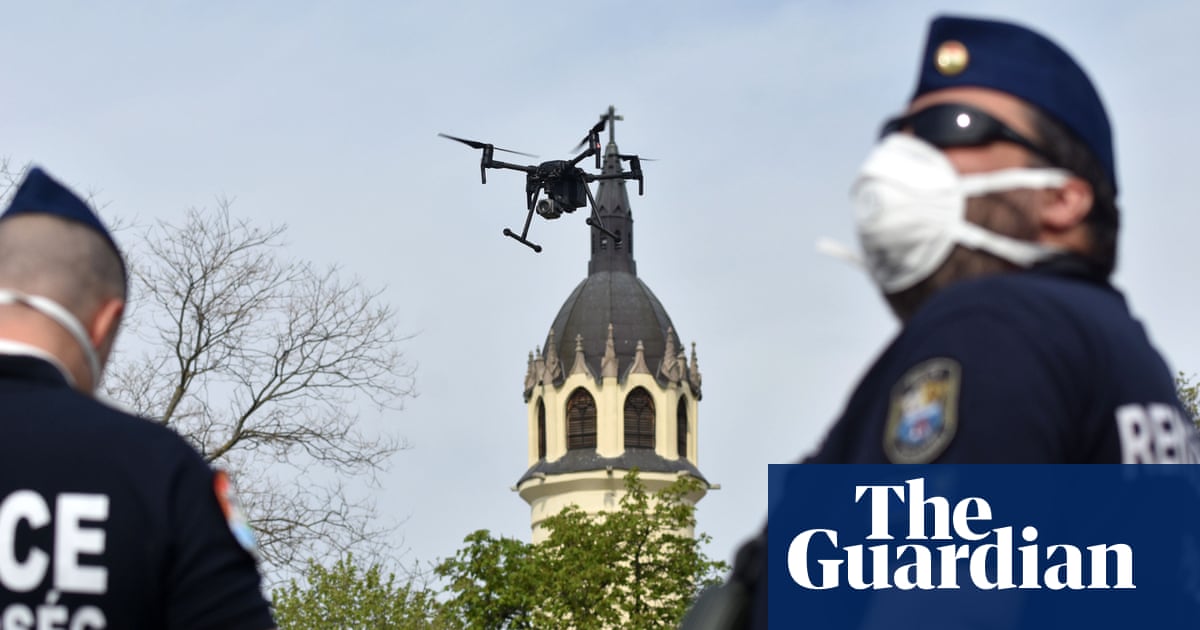Coronavirus crisis has led to billions of people around the world facing enhanced monitoring

The coronavirus pandemic has led to an unprecedented global surge in digital surveillance, researchers and privacy advocates around the world have said, with billions of people facing enhanced monitoring that may prove difficult to roll back.
Governments in at least 25 countries are employing vast programmes for mobile data tracking, apps to record personal contact with others, CCTV networks equipped with facial recognition, permission schemes to go outside and drones to enforce social isolation regimes.
The methods have been adopted by authoritarian states and democracies alike and have opened lucrative new markets for companies that extract, sell, and analyse private data. One of the worlds foremost experts on mobile phone surveillance said the pandemic had created a 9/11 on steroids that could lead to grave abuses of power.
When Moscow did finally roll out its QR-code system this week, the website quickly crashed, and remained down on Monday morning. Privacy advocates have said personal data put into the system may not remain secure. If they can even make it work, I have zero trust that this data is going to remain private, said one open-source investigator based in Russia.


Recent Comments